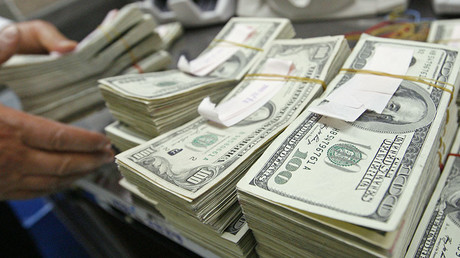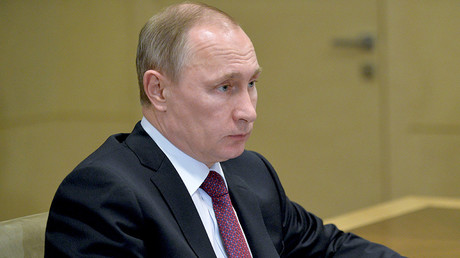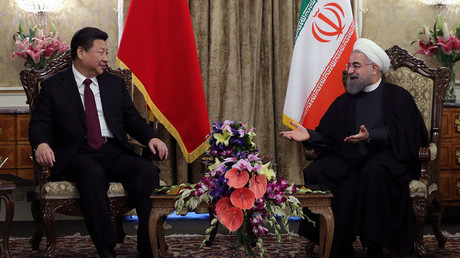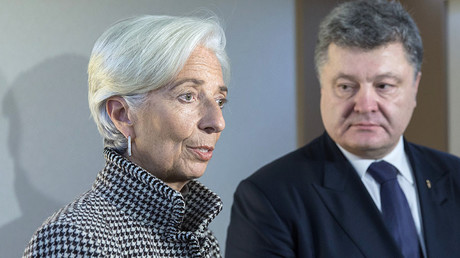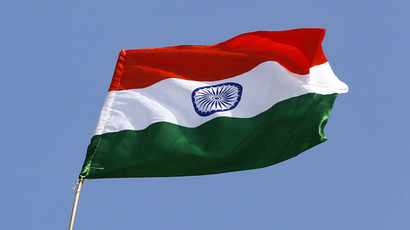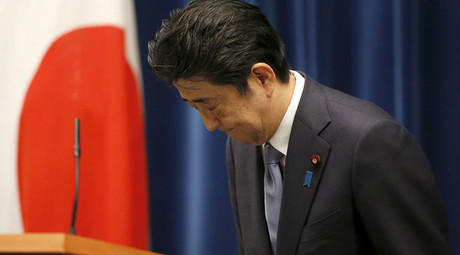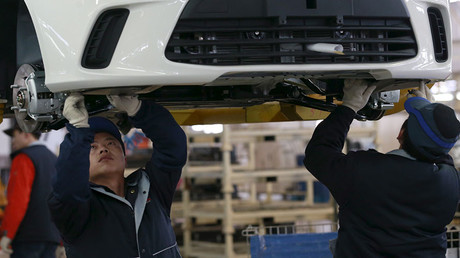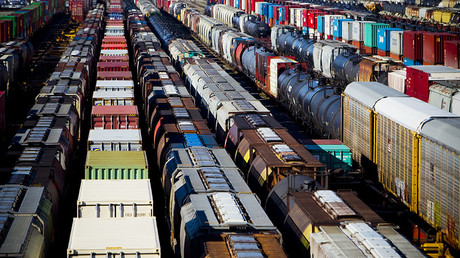According to Russian Finance Minister Anton Siluanov, the lawsuit was filed after repeated unsuccessful attempts to encourage Ukraine to talk on debt restructuring. Moscow wanted Kiev to recognize the debt as sovereign with restructuring terms better than those proposed by Ukraine to its private creditors.
READ MORE: Germany wants Kiev to compromise on debt to Moscow
Siluanov is confident the London court will be open and unbiased. “I think the hearing in the English court will be open and transparent, and the protection of the rights of the Russian Federation as a creditor will be carried out by an independent, authoritative court, which will impartially consider the dispute between the two sovereign states regarding debt default on Eurobonds,” he said.
The Finance Minister added that Russia has repeatedly been ready to discuss the possibility of an out-of-court settlement of Ukraine’s debt repayment but “unfortunately, Ukraine was not ready to negotiate in a spirit of good will.”
In December, Russian President Vladimir Putin ordered the Finance Ministry to file a lawsuit against Ukraine if Kiev failed to repay Russia’s $3 billion Eurobond loan within the 10-day grace period following the December 20 deadline.
READ MORE: Putin orders Finance Ministry to sue Ukraine over unpaid debt
Kiev failed to pay off the debt before the deadline at the end of the year. Russia’s Finance Ministry announced on January 1 that meant Ukraine was officially in a state of default.
Ukraine’s sovereign debt to Russia dates back to a deal between President Vladimir Putin and former Ukrainian President Viktor Yanukovich that was struck in 2013 and envisaged Moscow buying $15 billion worth of Ukrainian bonds. Russia bought $3 billion on December 20, 2013, and the debt was supposed to be repaid by December 20, 2015.
Article source: https://www.rt.com/business/332762-russia-sues-ukraine-debt/?utm_source=rss&utm_medium=rss&utm_campaign=RSS
